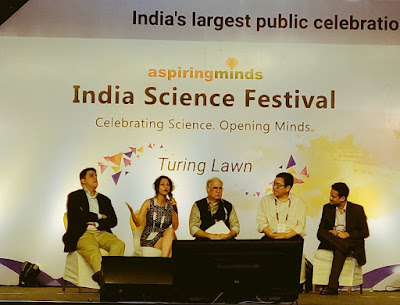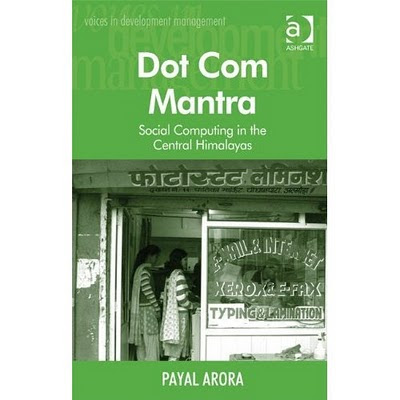Kick off for 2020 with the India book tour

What a way to begin 2020 - full of spice and color and drama! Basically it felt like a year of celebration was starting. I embarked on my book tour in Pune for the India Science Fest which drew a crowd of about 15,000 people! And what a demographic - from kids with their parents to engineering and philosophy students to elderly folks curious about these topics, they managed to truly create a spirit of democratizing science for the public. This was the brainchild and product of Varun Aggarwal of Aspiring Minds . I spoke about designing for the next billion and also was on a panel on the future of science with AI. I headed to Bangalore right after to speak at the IIIT-Bangalore Centre for Information Technology and Public Policy lecture series and gave a Keynote at the IIM-B for the Software Product Management Summit on re-centering the human in design. Was a fascinating conversation as we delved into how product management as a field is changing dramatically and...









